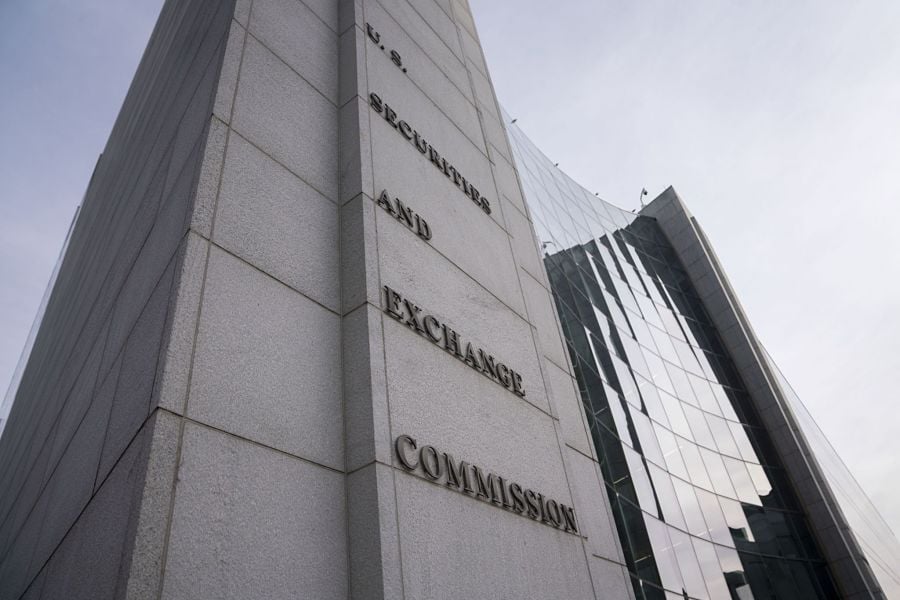

The Securities and Exchange Commission ordered NPB Financial Group to pay more than $1 million to settle charges that it failed to disclose payments it received from mutual funds that it recommended to clients.
The Aug. 20 order says that from January 2014 through March 2019, NPB advised clients to purchase or hold mutual funds that charged 12b-1 fees when less expensive share classes of the same funds were available.
Burbank, California-based NPB is dually registered as an investment adviser and a broker. The high-fee funds were recommended to advisory clients, and the 12b-1 fees were paid to the brokerage side of the firm.
The SEC said the firm did not explain to clients the conflict of interest related to its 12b-1 fee revenue. The SEC also claimed NPB violated best execution rules because the funds that charged 12b-1 fees provided less value to clients at the time they were purchased than share classes that did not charge the fees.
The firm did not admit nor deny the SEC’s findings. A firm spokesperson was not immediately available for comment.
Under the settlement, NPB agreed to pay disgorgement of $532,519.96 and prejudgment interest of $92,668.15. The firm also will pay a $425,000 fine.
The SEC imposed the fine because NPB did not self-report as part of the agency’s share-class selection disclosure initiative. Firms that turned themselves in for inadequate 12b-1 fee disclosures in that program paid disgorgement but avoided civil monetary penalties.
The action against NPB was the second the SEC has taken recently against a firm that did not participate in the share-class initiative. In an Aug. 13 order, SCF Investment Advisors agreed to pay $767,192 over inadequate disclosure of 12b-1 and revenue-sharing payments as well as best execution failures.
The SEC’s cases have centered on the lack of disclosure surrounding 12b-1 fees rather than the actual receipt of them.
“To meet this fiduciary obligation, NPB was required to provide its advisory clients with full and fair disclosure that is sufficiently specific so that they could understand the conflicts of interest concerning NPB’s advice about investing in different classes of mutual funds and could have an informed basis on which they could consent to or reject the conflicts,” the SEC order states.
The share-class initiative concluded earlier this year after returning about $139 million to harmed investors. The SEC’s crackdown on 12b-1 fees has generated criticism from the brokerage industry. Critics say the agency is engaging in rulemaking by enforcement because it is penalizing firms for practices that had been routine and acceptable without giving them warning about the policy change.

Summit Financial unveiled a suite of eight new tools, including AI lead gen and digital marketing software, while MassMutual forges a new partnership with Orion.

A new analysis shows the number of actions plummeting over a six-month period, potentially due to changing priorities and staffing reductions at the agency.

The strategic merger of equals with the $27 billion RIA firm in Los Angeles marks what could be the largest unification of the summer 2025 M&A season.

Report highlights lack of options for those faced with emergency expenses.

However, Raymond James has had success recruiting Commonwealth advisors.
Orion's Tom Wilson on delivering coordinated, high-touch service in a world where returns alone no longer set you apart.
Barely a decade old, registered index-linked annuities have quickly surged in popularity, thanks to their unique blend of protection and growth potential—an appealing option for investors looking to chart a steadier course through today's choppy market waters, says Myles Lambert, Brighthouse Financial.
